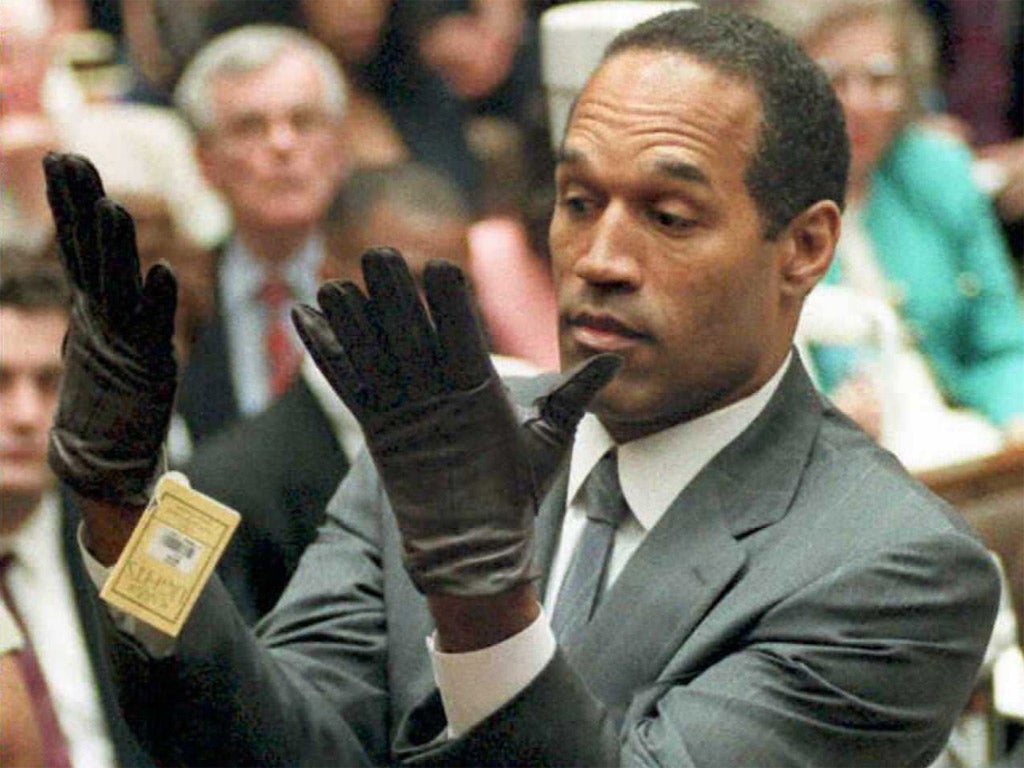Killer is sentenced on live TV in first for British court

Your support helps us to tell the story
From reproductive rights to climate change to Big Tech, The Independent is on the ground when the story is developing. Whether it's investigating the financials of Elon Musk's pro-Trump PAC or producing our latest documentary, 'The A Word', which shines a light on the American women fighting for reproductive rights, we know how important it is to parse out the facts from the messaging.
At such a critical moment in US history, we need reporters on the ground. Your donation allows us to keep sending journalists to speak to both sides of the story.
The Independent is trusted by Americans across the entire political spectrum. And unlike many other quality news outlets, we choose not to lock Americans out of our reporting and analysis with paywalls. We believe quality journalism should be available to everyone, paid for by those who can afford it.
Your support makes all the difference.Lord Bracadale offered the age of sensationalism a masterclass in the careful selection of words and their dignified yet powerful delivery yesterday. So diminished is the modern currency of language that it took a moment to see beyond the bewigged solemnity of the Scottish High Court and to appreciate the austere drama unfolding.
It was a first for the British court system – the moment a murderer was sentenced on live television.
Opponents have long resisted the introduction of court TV, claiming it might damage the administration of justice by encouraging witnesses and even lawyers to act up for the cameras. But there was never any chance of this occasion turning into an episode of Judge Judy.
To minimise the potential impact on the case – a particularly troubling and unsettling one for the Scottish public – just a single fixed-camera was admitted as the life sentence was handed down. The only cinematic flourish was a slow zoom bearing respectfully in on the granite-features of the judge, where it remained throughout.
The reaction of the murderer and unknowable anguish of the victim's family was played out unseen to the sound of a low background hum. Over four minutes and 40 seconds, Lord Bracadale, a son of the manse who worked as an English teacher before studying to be an advocate, sketched out in sparse language the full horror of the case.
Suzanne Pilley, he said, had been moving to a new phase of her life – a chapter which no longer included her colleague, lover and soon-to-be killer, David Gilroy.
The 38-year-old popular and respected bookkeeper turned up for work as usual on the morning of 4 May 2010. She was captured on CCTV getting off the bus and popping into Sainsbury's on Princes Street in Edinburgh.
"Then she just disappeared," explained the judge. "You murdered her and disposed of her body."
Miss Pilley's remains have never been found.
Join our commenting forum
Join thought-provoking conversations, follow other Independent readers and see their replies
Comments